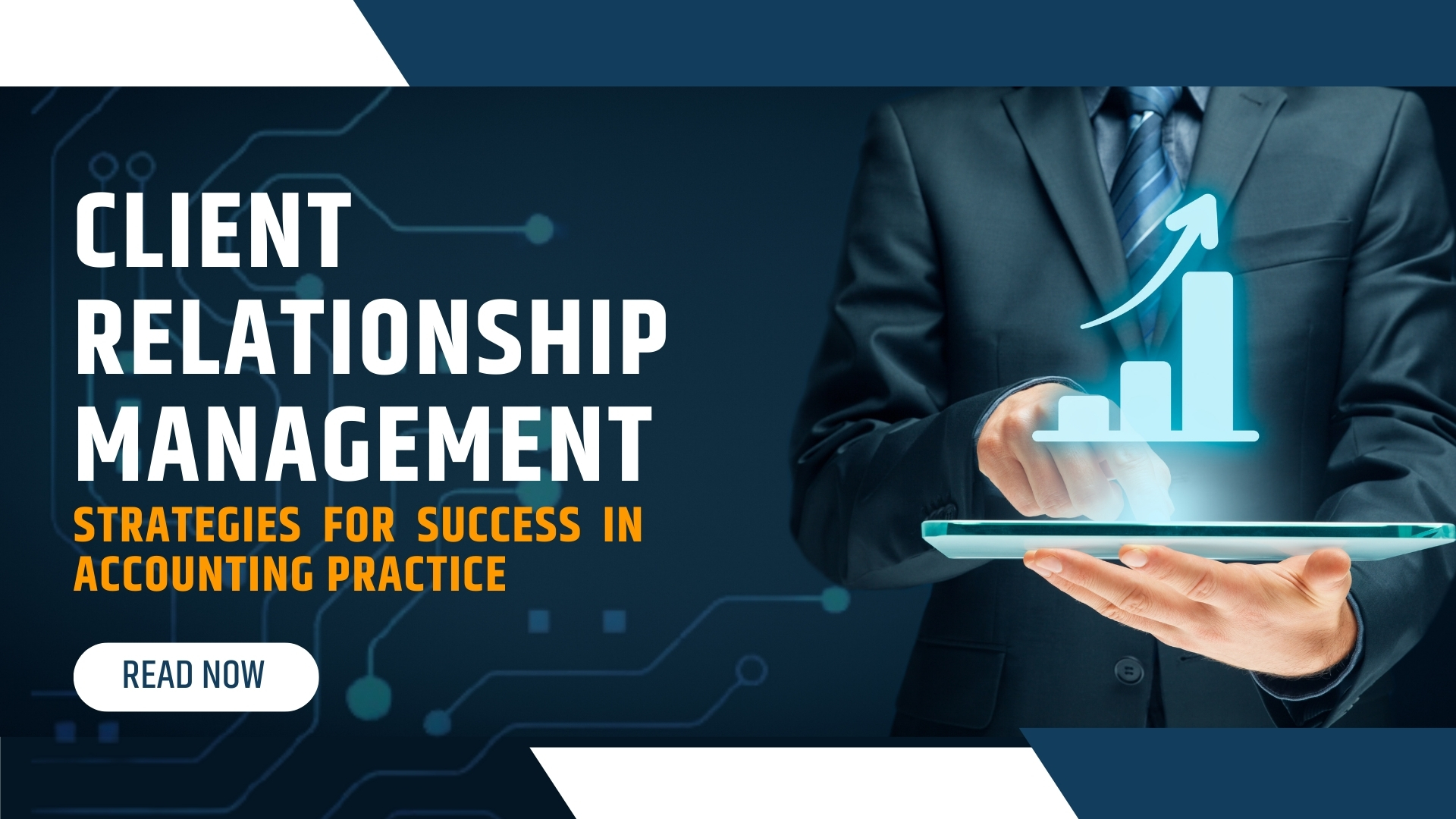In the realm of professional services, particularly within the accounting domain, fostering strong client relationships is paramount. Client Relationship Management (CRM) isn’t just about managing transactions; it’s about building trust, understanding client needs, and delivering exceptional value consistently. In this article, we delve into Effective Client Relationship Management Strategies that can elevate client relationships within accounting practice, ensuring long-term success and client satisfaction.
Understanding Client Needs: The Foundation of Effective CRM
The cornerstone of successful client relationship management lies in understanding client needs comprehensively. Beyond the surface-level requirements, accountants must delve deeper to grasp the intricacies of their clients’ businesses, industries, and long-term objectives. This understanding forms the basis for tailored solutions and proactive advice.
Developing a Client-Centric Approach: One-size-fits-all solutions seldom work in accounting. Each client is unique, with distinct goals, challenges, and preferences. Accountants should adopt a client-centric approach, actively listening to their clients, asking pertinent questions, and customizing services accordingly. By aligning services with client objectives, accountants not only meet immediate needs but also become trusted advisors in their clients’ strategic decision-making processes.
Continuous Communication and Feedback: Effective communication is vital for maintaining strong client relationships. Regular check-ins, updates on relevant industry trends, and proactive advice demonstrate commitment and expertise. Moreover, soliciting feedback at regular intervals fosters a culture of openness and ensures that services remain aligned with client expectations. Whether through surveys, feedback sessions, or informal conversations, accountants must prioritize client input to refine their service delivery continually.
Building Trust through Transparency and Reliability
Trust forms the bedrock of enduring client relationships. In the accounting profession, where financial matters are inherently sensitive, transparency and reliability are non-negotiable.
Transparency in Processes and Fees: Clients appreciate clarity in processes and fee structures. By providing transparent explanations of services rendered, associated costs, and potential outcomes, accountants instill confidence and mitigate misunderstandings. Additionally, proactive disclosure of potential risks or challenges demonstrates honesty and integrity, further cementing trust.
Consistent Delivery of High-Quality Services: Reliability is synonymous with credibility in the accounting realm. Consistently delivering high-quality services, meeting deadlines, and adhering to regulatory standards are imperative. Accountants must strive for excellence in every engagement, ensuring accuracy, thoroughness, and attention to detail. By consistently exceeding expectations, accountants reinforce their reputation as trusted advisors and reliable partners in their clients’ success.
Embracing Technology for Enhanced Client Engagement
In today’s digital age, leveraging technology is instrumental in enhancing client engagement and streamlining processes. From cloud-based accounting software to client portals, technology offers myriad opportunities to enhance communication, efficiency, and service quality.
Utilizing Cloud-Based Solutions: Cloud-based accounting platforms offer real-time collaboration, data accessibility, and enhanced security. By migrating traditional accounting processes to the cloud, accountants can provide clients with instant access to financial information, facilitate seamless collaboration, and ensure data integrity. Moreover, automation features streamline routine tasks, allowing accountants to focus on value-added activities such as financial analysis and strategic planning.
Implementing Client Portals: Client portals serve as centralized hubs for communication, document sharing, and collaboration. Through secure portals, clients can access financial statements, tax documents, and other pertinent information anytime, anywhere. This accessibility fosters transparency, improves communication efficiency, and enhances client satisfaction. Additionally, client portals can facilitate secure messaging and file sharing, minimizing the risk of data breaches and ensuring confidentiality.
In conclusion, Effective Client Relationship Management Strategies is indispensable for success in accounting practice. By understanding client needs, building trust through transparency and reliability, and leveraging technology for enhanced engagement, accountants can cultivate strong, enduring relationships that drive mutual success. In a competitive landscape where client loyalty is paramount, prioritizing CRM strategies can differentiate accounting firms and position them as trusted advisors in an increasingly complex financial landscape.





















